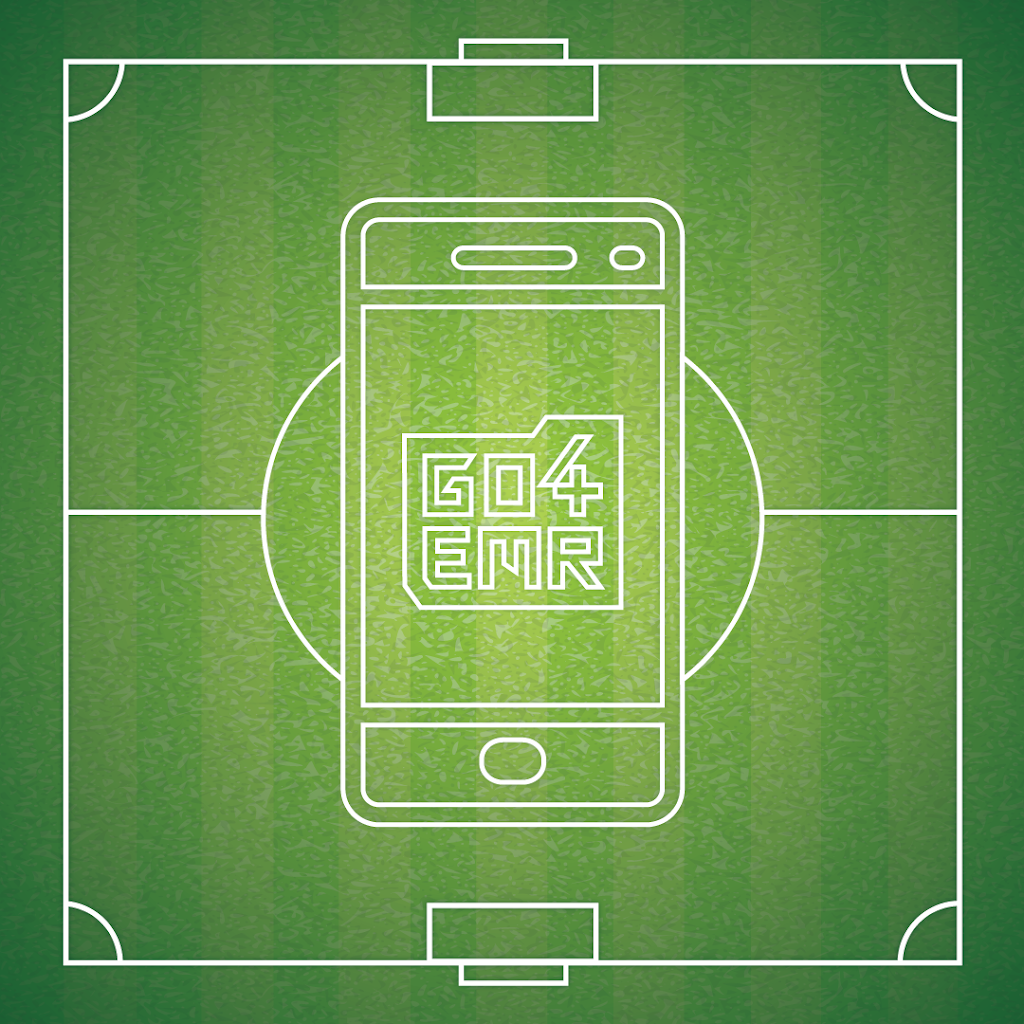7 Reasons Why You Need to Hire an Athletic Trainer

Athletic Directors, coaches, tournament operators and even the Amazons of the world hire athletic trainers for their unique skillset and ability to thrive under pressure. But what makes them the right choice for your program? Here are 7 Reasons why you need to hire an athletic trainer:
1. Injury Prevention:
The best injuries are the injuries that don’t happen. Athletic trainers focus on preventing injuries. With their expertise in biomechanics and physiology, athletic trainers instruct and advise athletes on proper techniques, stretches, and warm-up exercises.
Research from the Journal of Athletic Training has established that athletic trainers reduce sport-related injuries by an impressive 25% (Piland, Motley, & Trofa, 2010).
2. Acute Injury: Rapid Diagnosis and Treatment
Athletic trainers, with their specialized training, are able immediately assess and treat acute injuries on and off the field..
A study spearheaded by Casa et al. (2012) in the Journal of Sport and Health Science emphasizes that early interventions by these professionals can significantly shorten recovery time and mitigate potential complications.
3. Rehabilitation and Reconditioning
Beyond initial treatment, athletic trainers ensure athletes fully recover without residual issues.
Athletic trainers draft, develop and supervise rehabilitation regimens to for athletes’ holistic recovery and safe reintegration into their respective sports (Lynch, Hoch, & Pribesh, 2018).
4. In-Depth Understanding of Sport-Specific Requirements
Each sport, with its distinct characteristics, poses specific injury risks. Athletic trainers’ deep understanding of these details helps create specific strategies for injury prevention and rehabilitation.
Such meticulous care enhances both proactive and reactive approaches to athlete health (Nattiv et al., 2013).
5. Mastery in Emergency Response and Crisis Management
Athletic trainers are skilled in handling critical emergencies, from cardiac issues to concussions or heat ailments. Working closely with healthcare professionals, they are able to execute a fast and efficient emergency response.
This competence is underscored by a study in the British Journal of Sports Medicine, which concluded that athletic trainers’ presence markedly improved emergency outcomes (Drezner et al., 2013).
6. The Cornerstone of Athlete Education and Counseling
Beyond the realm of physical care, athletic trainers also shoulder the responsibility of educating athletes on diverse topics, including injury prevention, nutrition, and mental well-being.
Due to their consistent presence and professional insights, they often evolve into trusted advisors, offering invaluable support in the often turbulent world of sports where pressure and fatigue can be overwhelming (Wiese-Bjornstal, 2010).
7. An Investment with Long-Term Dividends
While hiring athletic trainers may seem costly upfront, their long-term benefits in reducing severe injuries, providing effective treatments, and shortening recovery times significantly cut overall medical expenses.
A compelling study in the American Journal of Sports Medicine reiterates this, indicating that institutions employing athletic trainers witness fewer injuries and recurrent issues, leading to notable savings in medical expenditures (Pike, Pryor, Vandermark, Meehan, & McGuine, 2017).
Ready to Hire Your Athletic Trainer?
References:
- Piland, S. G., Motley, M. T., & Trofa, D. P. (2010). The role of the athletic trainer in reducing sport-related injuries. Journal of Athletic Training.
- Casa, D. J., et al. (2012). The role of athletic trainers in preventing and managing sport injuries. Journal of Sport and Health Science.
- Lynch, A. D., Hoch, A. Z., & Pribesh, S. L. (2018). Rehabilitation and reconditioning strategies in athletic trainers. Journal of Sport Rehabilitation.
- Nattiv, A., et al. (2013). Sport-specific injuries and medical problems of athletes. Journal of Athletic Training.
- Drezner, J. A., et al. (2013). Emergency preparedness in athletics: the role of the athletic trainer. British Journal of Sports Medicine.
- Wiese-Bjornstal, D. M. (2010). Psychology and sociocultural affect injury risk, response, and recovery in high-intensity athletes: a consensus statement. Journal of Athletic Training.
- Pike, A. M., Pryor, R. R., Vandermark, L. W., Meehan, W. P., & McGuine, T. A. (2017). The role of athletic trainers in injury prevention and cost savings in secondary school athletics. American Journal of Sports Medicine.
Are you an Athletic Trainer?
Join us!
From per diem shifts to full-time opportunities, AT resources, PLI, a free EMR and more, Go4 is the essential AT app. Sign up now!
"*" indicates required fields
Other articles you might like

What’s the deal with Standing Orders?
How do I get standing orders as an athletic trainer? Q: What are standing orders? A: Standing orders, aka medical protocols, establish the scope of practice for an athletic trainer. Under the direction of a physician, they are an overview of the specific skills that the AT is legally able…

AT Spotlight: Thomas Obergefell, Athletic Training from the Dugout
Name: Thomas Obergefell, MS, ATC, LAT Nickname: T.J. Alma…

Middle School / High School / College / Any School EMR – The Importance of Documentation
Go4’s in-app Electronic Medical Record We all know the reasons why it’s important to thoroughly document, but incase you forgot, here they are:…